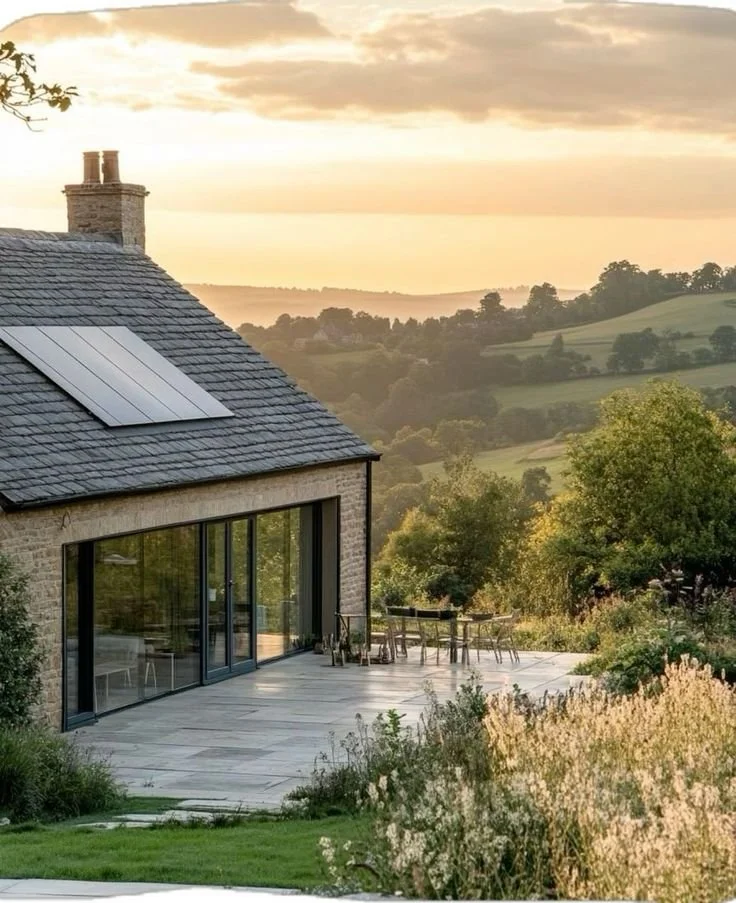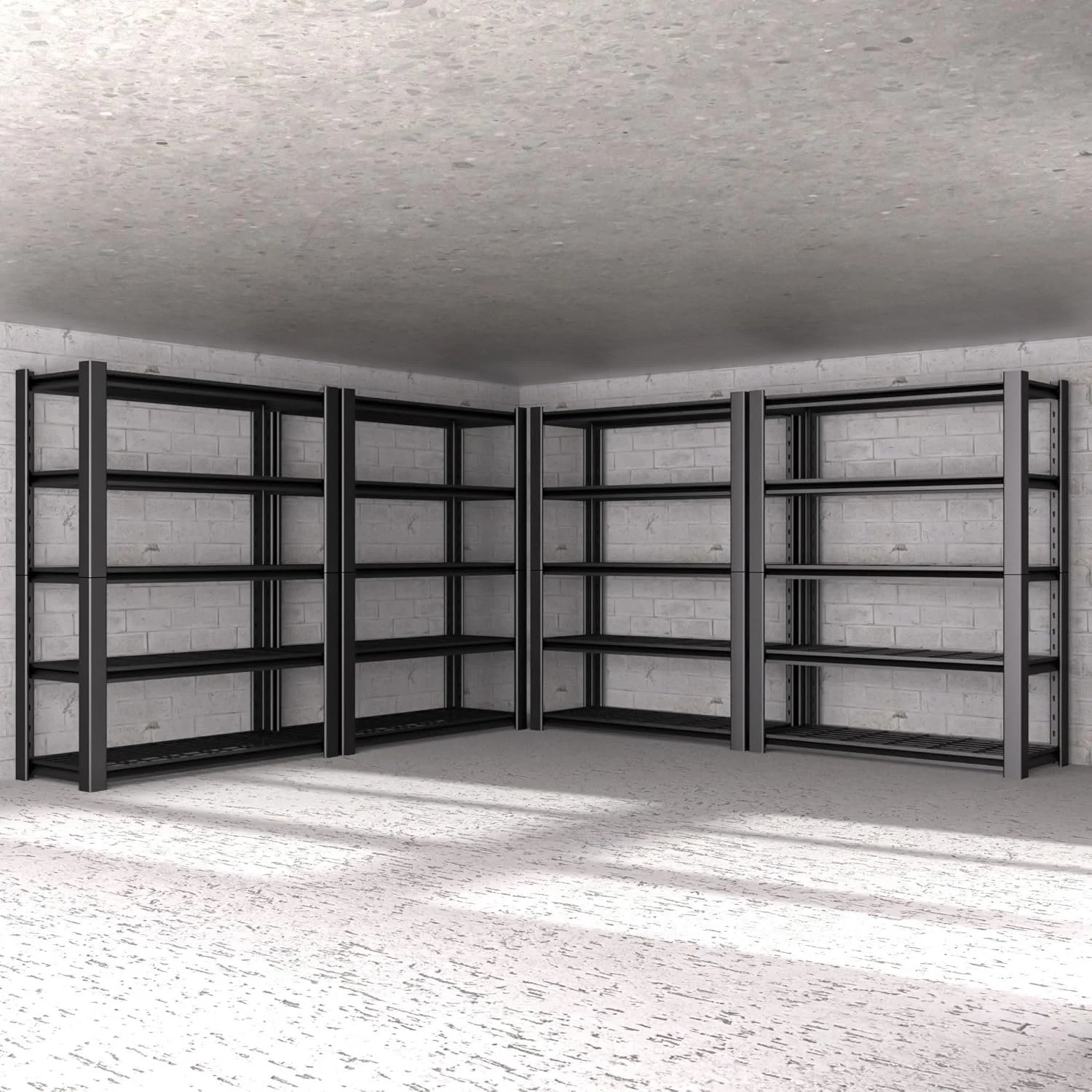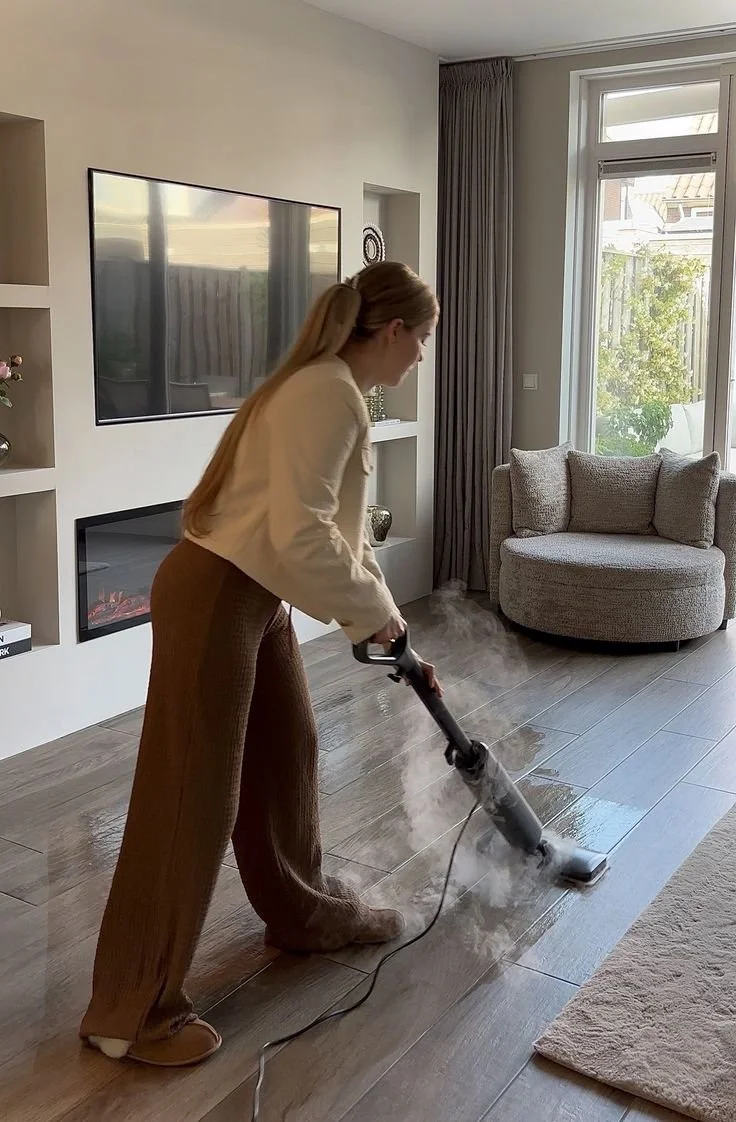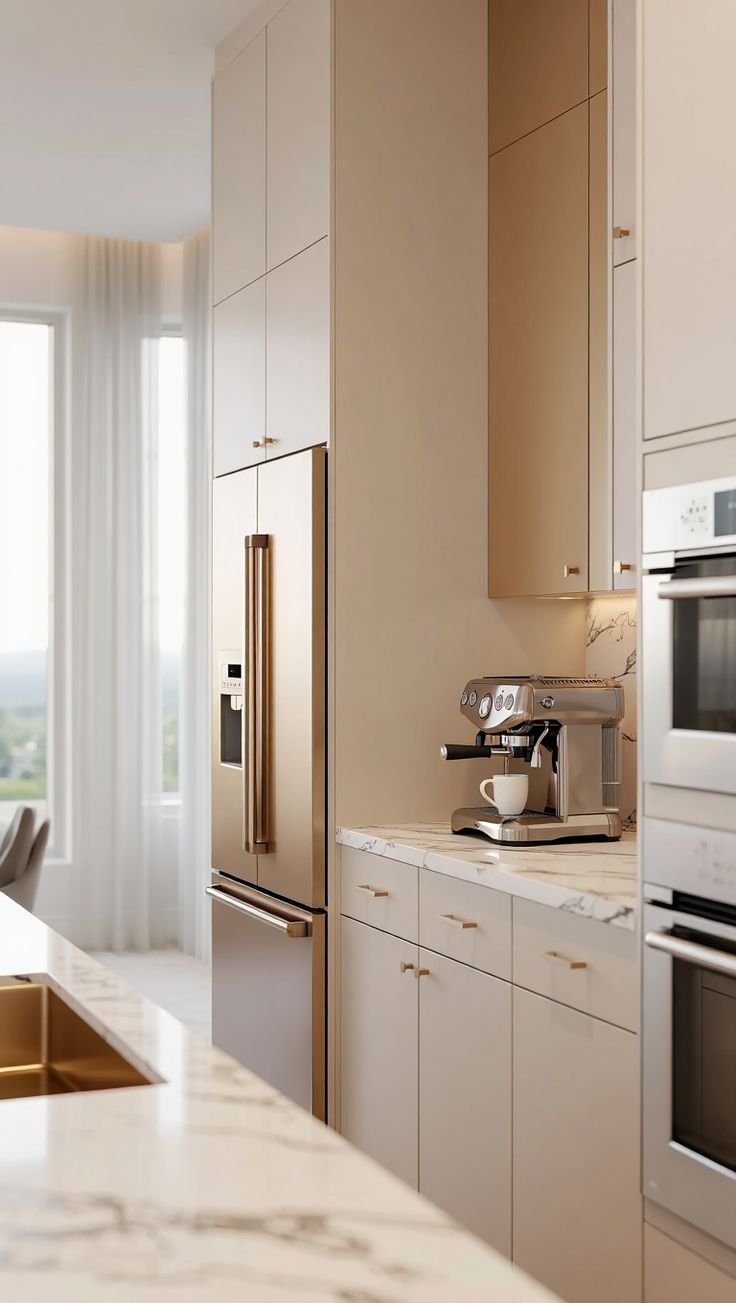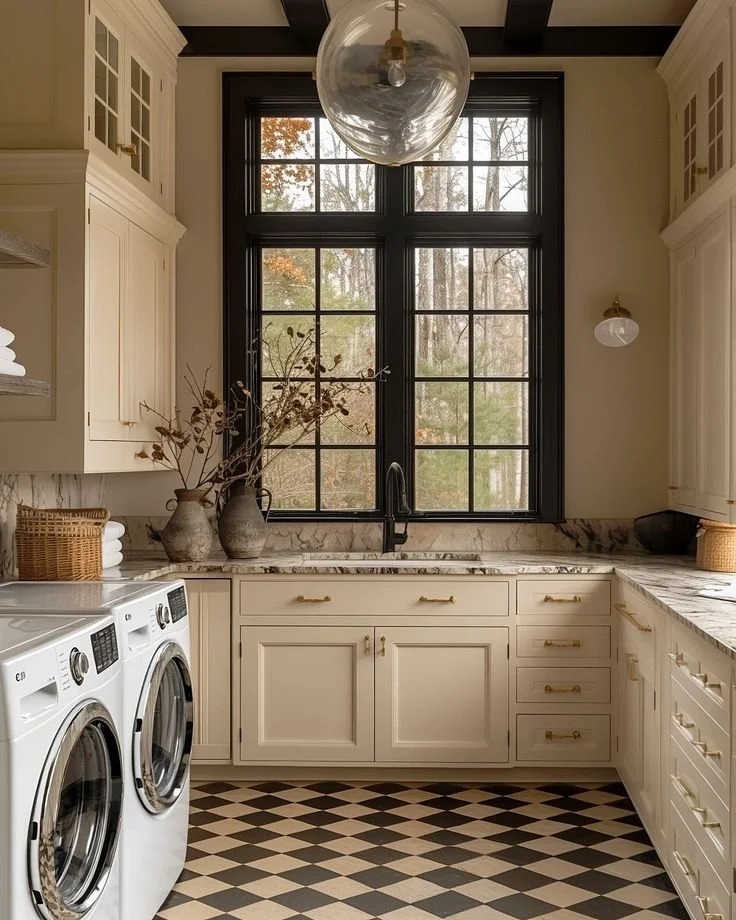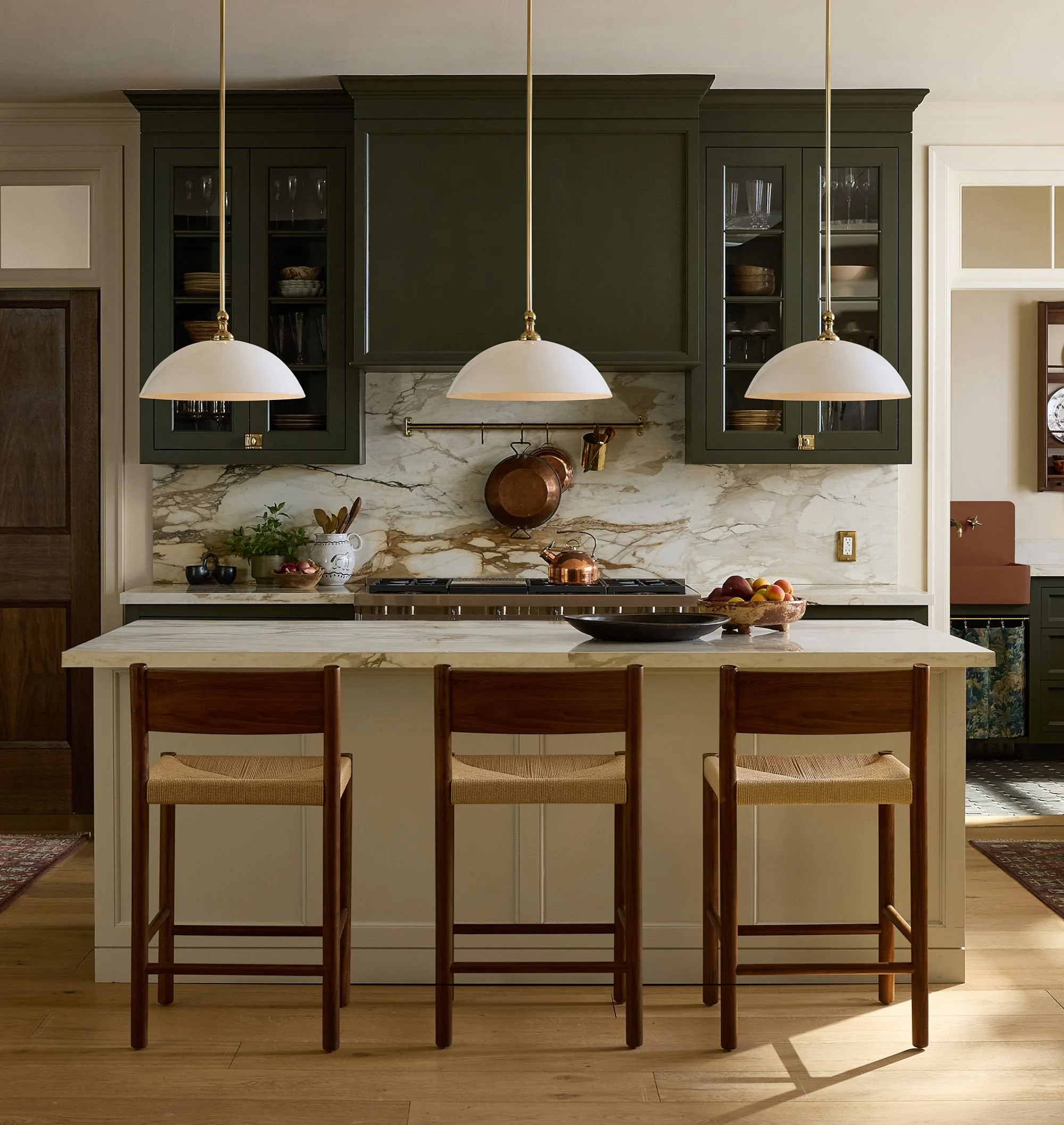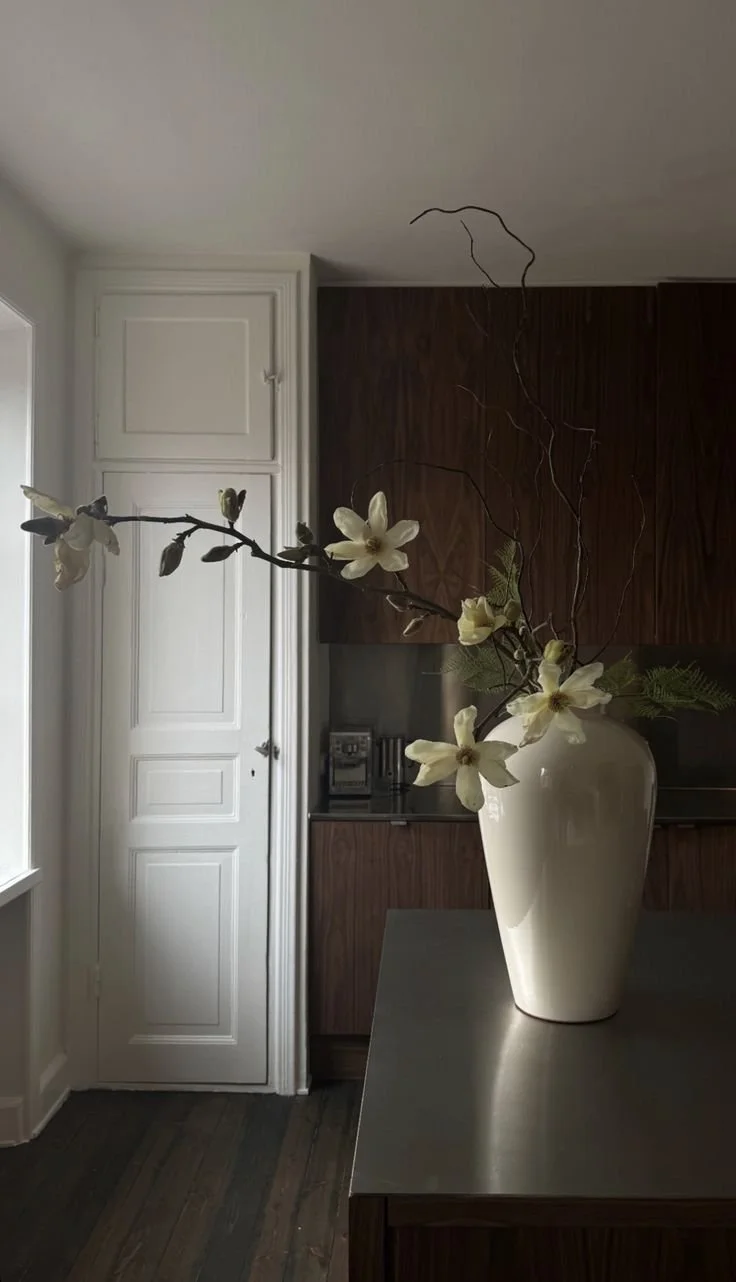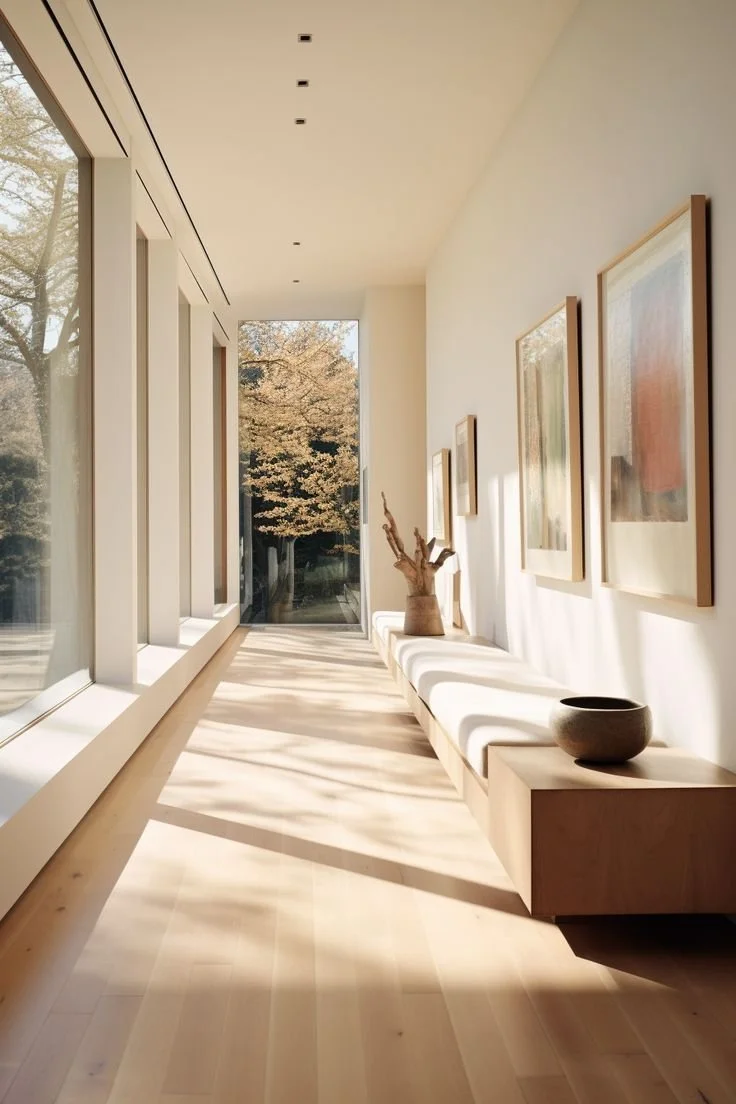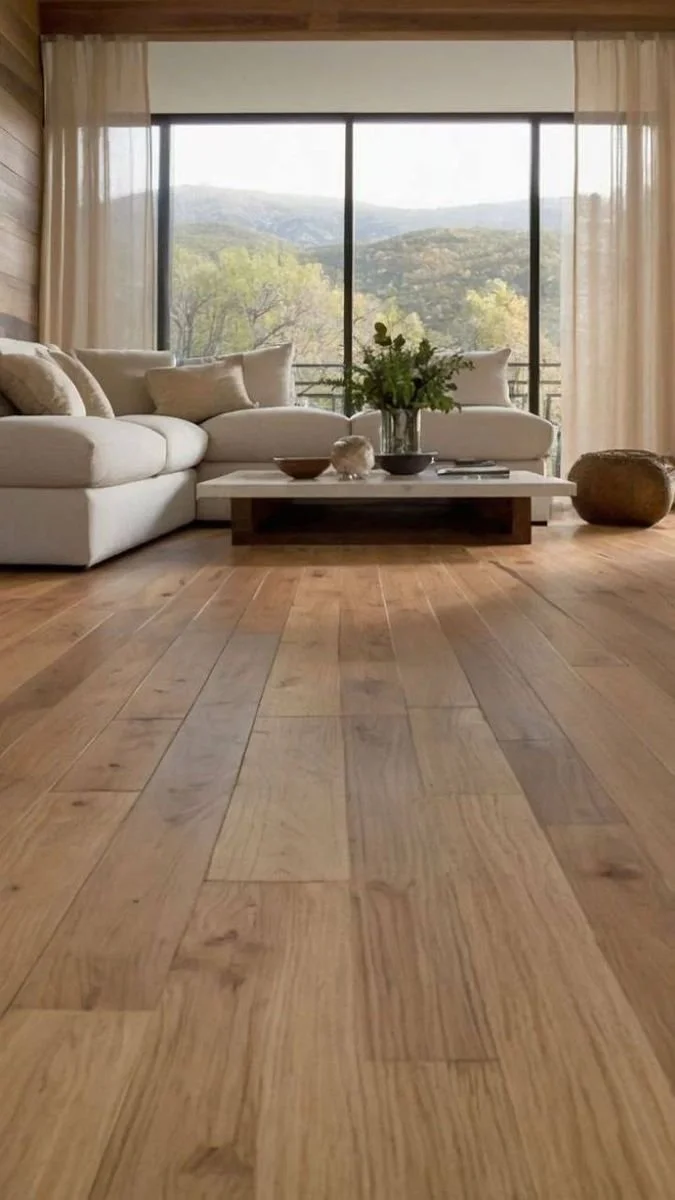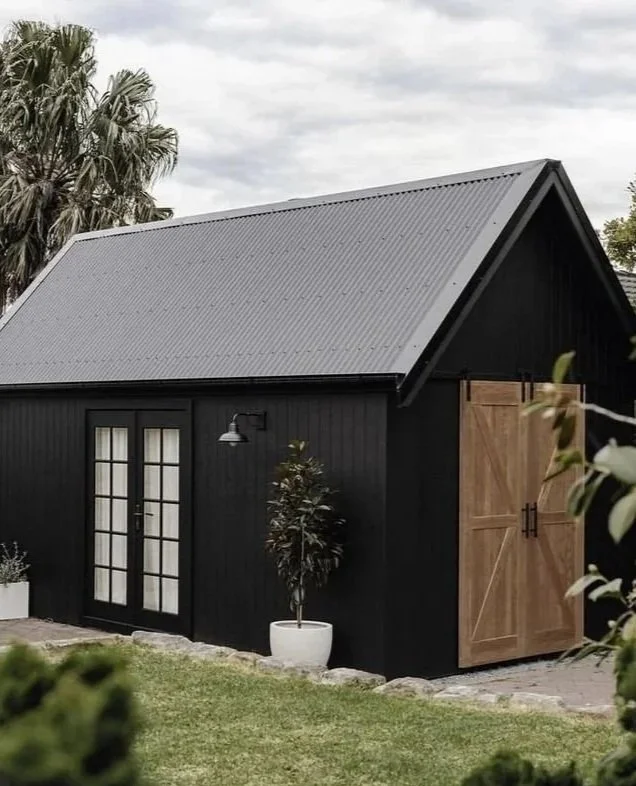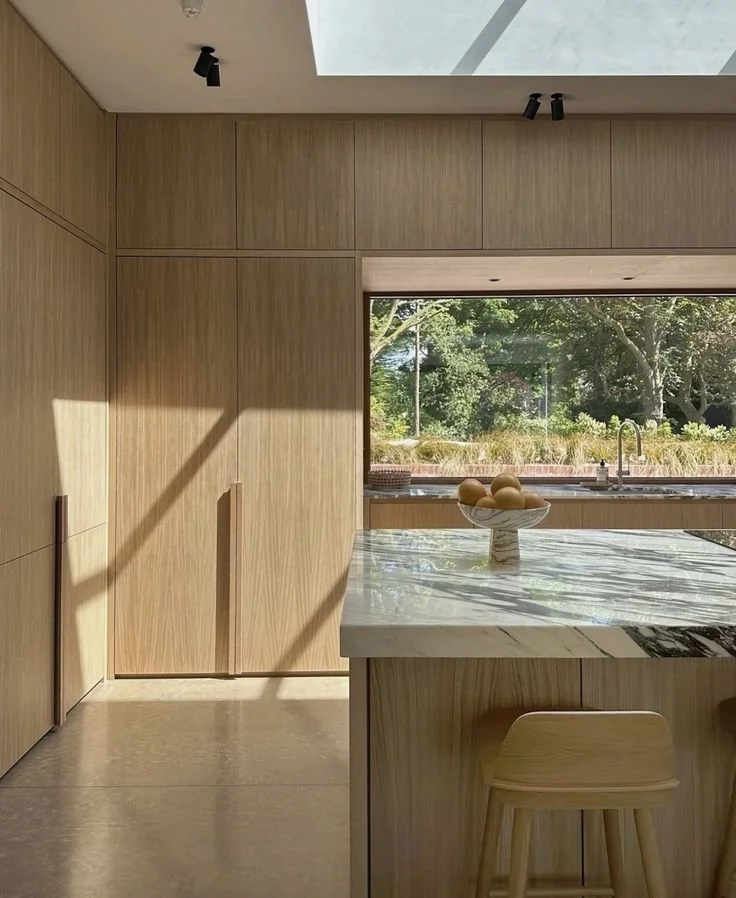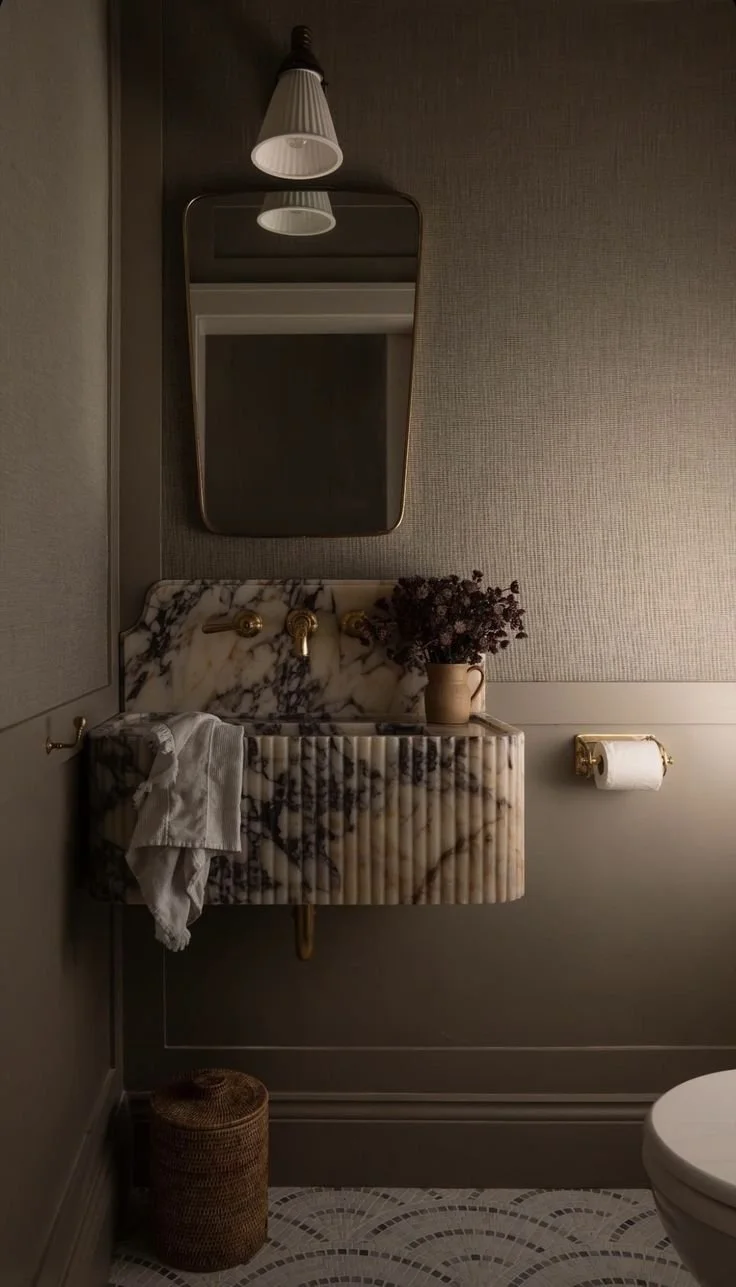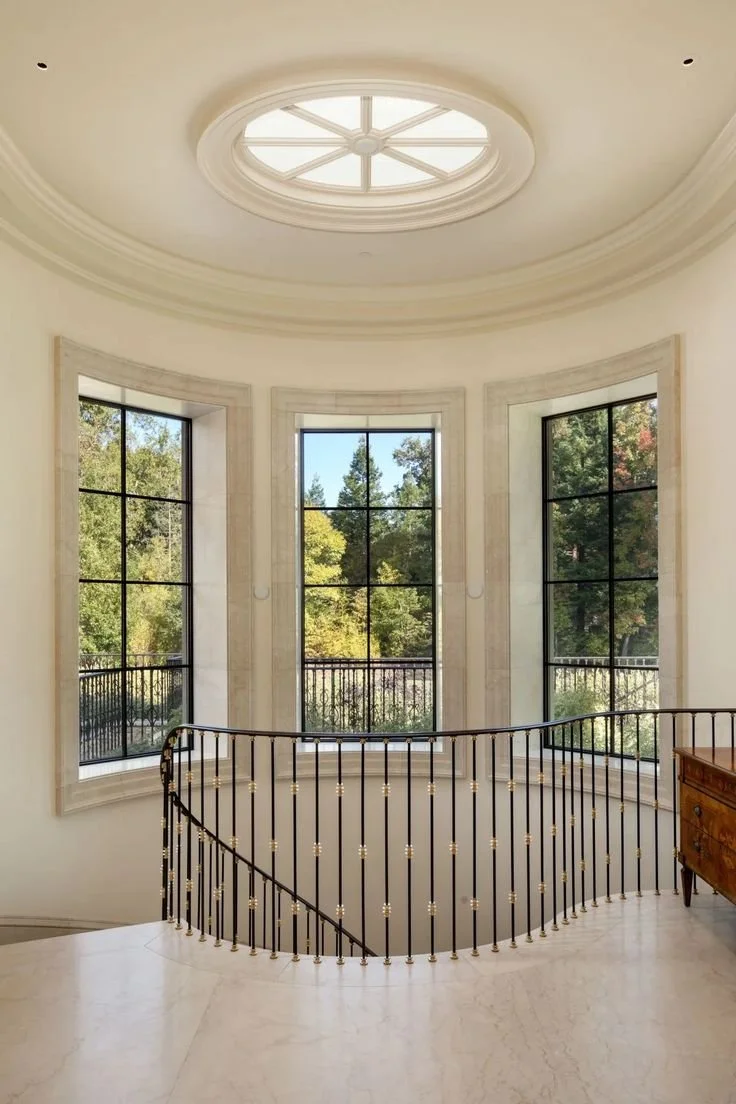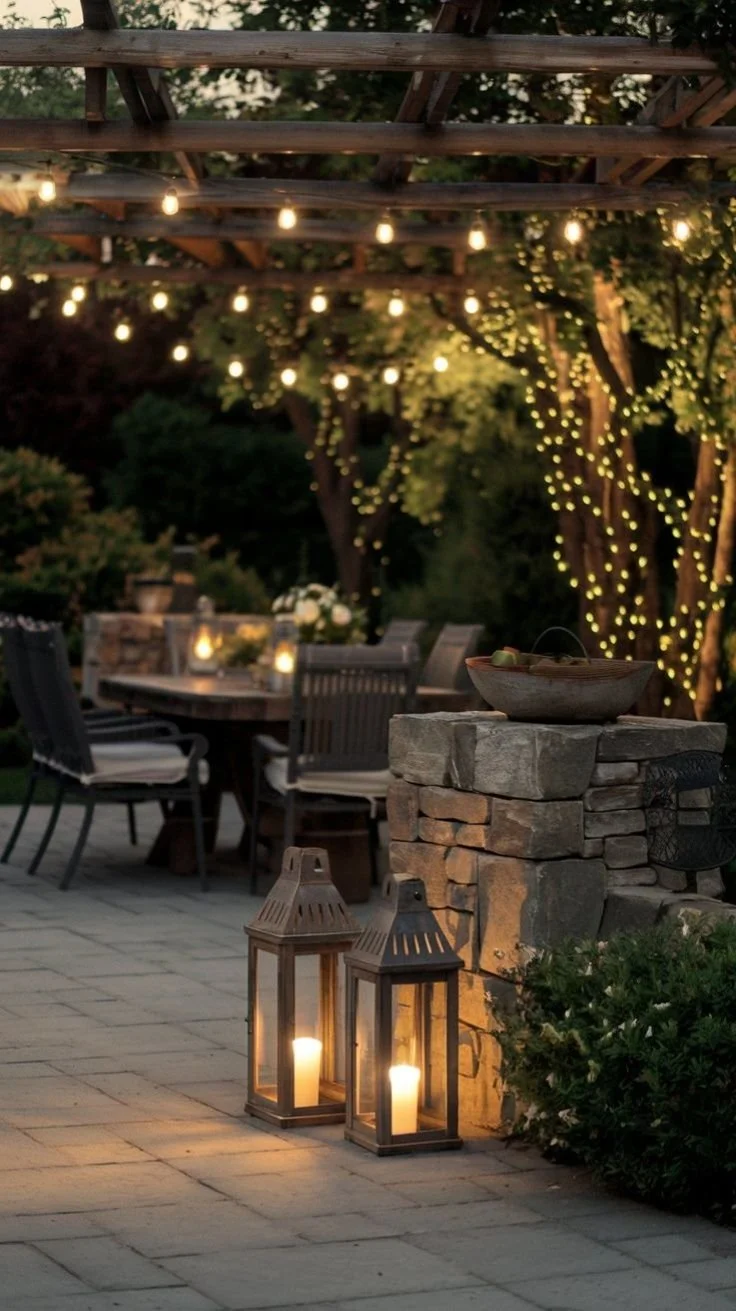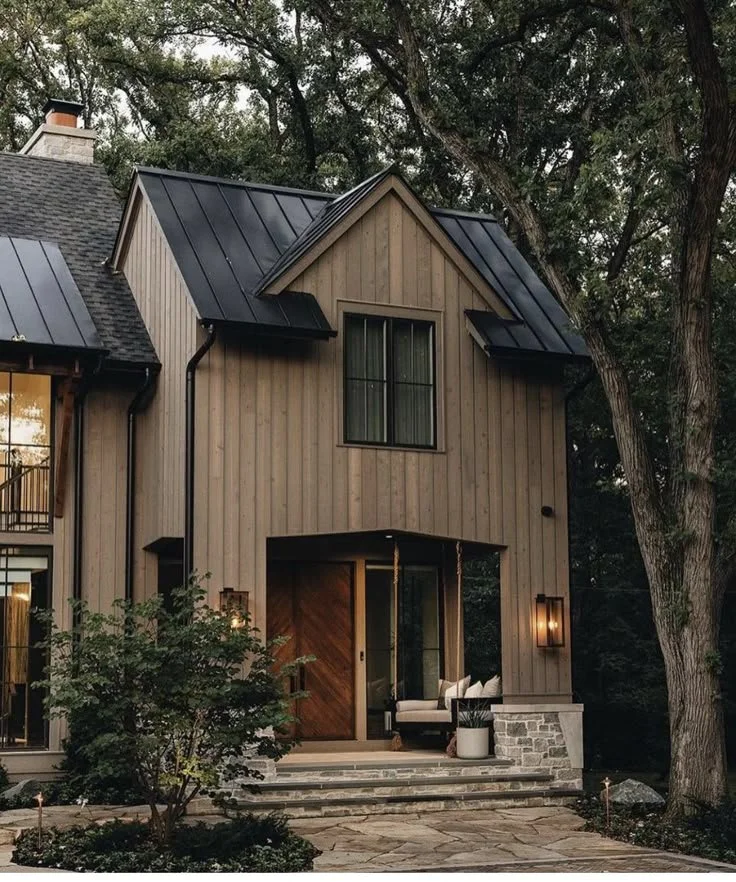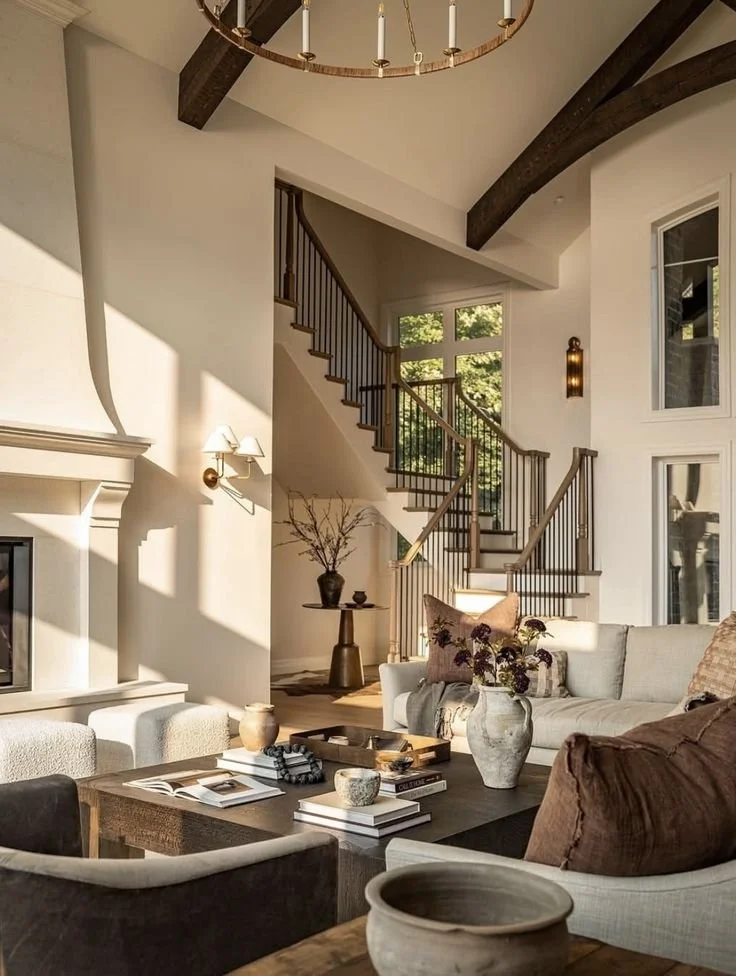What Every Homeowner Should Know Before Renovating
Home renovation is often imagined as a smooth, exciting journey—cue the upbeat music, dramatic before-and-after reveals, and smiling homeowners from your favorite HGTV show. But in reality, the process can be far more complex and stressful. From unexpected costs to extended timelines and decision fatigue, renovations can quickly spiral if not approached with careful planning.
In today’s housing market, especially in places like Kansas City, where rising interest rates make moving less appealing, more homeowners are choosing to invest in their current properties. Whether you're updating for comfort, functionality, or resale value, it's crucial to understand the realities of renovation before diving in.
This guide outlines the essential considerations every homeowner should know before renovating—from foundational priorities to budgeting, timing, and long-term value. If you want your project to be more dream than disaster, start here.
No. 1
The Foundation Before the Fun
One of the most common renovation mistakes is starting with finishes—tile, lighting, cabinetry—without addressing the structural essentials. While it’s tempting to focus on the visual upgrades, smart homeowners know that the unglamorous elements come first.
If your roof leaks, your wiring is outdated, or your foundation is compromised, no amount of trendy backsplash will make your home safe or sustainable. This is where professional guidance becomes critical. Hiring a reliable roofing contractor in Kansas City isn’t just about curb appeal—it’s about ensuring your home is structurally sound before investing in cosmetic improvements.
Start with the bones of your home. Addressing foundational issues first ensures that your upgrades last longer, cost less over time, and actually add value instead of covering up deeper problems.
No. 2
The Budget No One Likes Talking About
Renovation costs almost always exceed initial estimates. Prices for materials fluctuate, labor can take longer than expected, and hidden issues—like discovering a load-bearing wall—can derail even the best-laid plans.
To avoid financial strain, build a buffer into your budget before the first nail is pulled. Experts recommend setting aside an extra 15–20% for unforeseen expenses. This isn’t pessimism—it’s smart planning.
In today’s market, budgeting is even more unpredictable. Supply chain disruptions, rising material costs, and labor shortages can all impact your bottom line. Lumber, steel, and drywall prices rise and fall like rollercoasters. Flexibility is key. Planning for the unexpected protects both your wallet and your peace of mind.
No. 3
Timing Isn’t Just About Seasons
Most people think of renovation timing in terms of weather—don’t replace windows in a snowstorm, for example. But timing goes beyond temperature.
Contractors often book months in advance. Materials may take weeks (or longer) to arrive. And your personal schedule matters, too. Renovating during your kids’ exam week or while hosting out-of-town guests? Probably not ideal.
Renovations also disrupt daily routines more than many expect. A kitchen remodel means cooking in the garage or ordering takeout for weeks. A bathroom renovation might mean coordinating shower schedules. A successful project plan encompasses not only the construction, but also the temporary lifestyle adjustments that come with it.
Rejuvenation
Bring your dream space to life with Rejuvenation’s free design services! From lighting to furniture, experts are there to help you create a home you’ll love.
No. 4
Style vs. Longevity
Design trends are exciting, but they’re also fleeting. What looks cutting-edge today might feel outdated in just a few years (remember shag carpet or avocado-green appliances?).
That doesn’t mean avoiding trends altogether—it means using them wisely. Incorporate trendy elements in ways that are easy to change, like paint colors, hardware, or décor. For big-ticket items like flooring, cabinetry, or siding, opt for timeless, durable styles that will stand the test of time.
Smart renovators strike a balance between personal style and long-term value, ensuring their home feels current without becoming a design time capsule.
No. 5
Permits, Rules, and Why They Matter
Permits can feel like a bureaucratic hassle—slow, costly, and tedious. But skipping them can lead to major problems down the road.
Unpermitted work can:
Complicate future home sales
Void insurance coverage
Create safety hazards
Result in fines or mandatory rework
Every city has its own rules, but structural, electrical, and plumbing changes almost always require permits. Before you swing a hammer, check with your local building authority. It’s far better to deal with paperwork now than face legal or financial consequences later.
No. 6
The People Factor
Who you hire matters just as much as what you build. A skilled, trustworthy contractor can save you time, money, and stress. A poor one can cost you all three.
Before hiring, always:
Check references and reviews
View past work or portfolios
Confirm licenses and insurance
Communication is equally important. You want a contractor who responds promptly, explains timelines clearly, and keeps you updated throughout the process. Renovations are stressful enough—don’t add radio silence to the mix.
No. 7
How Renovations Shape Daily Life
Renovations aren’t just about aesthetics or resale value—they’re about how you live. A finished basement might mean more space for kids. A new kitchen could make cooking more enjoyable. A second bathroom might reduce morning chaos.
In today’s work-from-home world, renovations also impact mental health, productivity, and family dynamics. A well-designed space can reduce stress, improve organization, and make your home more functional and enjoyable.
No. 8
Why Renovations Reflect Bigger Trends
Home renovations often mirror broader cultural and economic shifts. The rise of remote work has increased demand for home offices. Energy efficiency concerns have driven interest in better insulation and sustainable materials. Climate change has made weather-resistant upgrades more appealing.
Renovating today isn’t just about keeping up with trends—it’s about adapting your home to the way we live now and preparing for the future. Smart homeowners view renovations as investments in flexibility, comfort, and resilience.
Takeaways
Renovating your home can be one of the most rewarding—and challenging—projects you undertake. It’s easy to get swept up in the excitement of design boards and dream layouts, but success lies in preparation.
Start with the essentials. Build a realistic budget. Plan your timing carefully. Choose timeless styles over fleeting trends. Follow the rules, hire the right people, and always consider how the changes will impact your daily life.
When done right, a renovation doesn’t just improve how your home looks—it improves how it works, how it feels, and how it supports your lifestyle. And while you may still dream of that perfect HGTV-style reveal, the real reward is a space that truly fits your life—today and for years to come.
Looking for home resources?
Looking to enhance your living space and create a sanctuary that supports your well-being? Explore our home partners who offer a wide range of resources to elevate your home environment.




